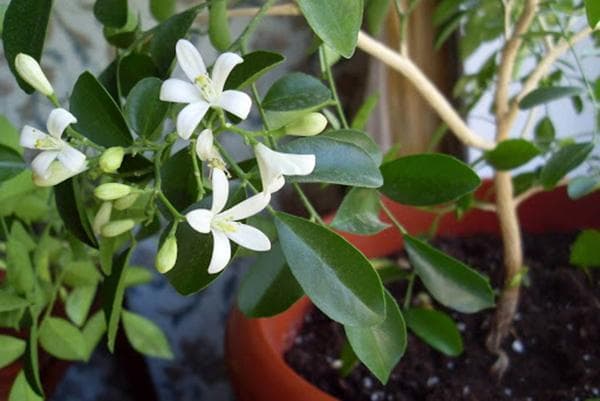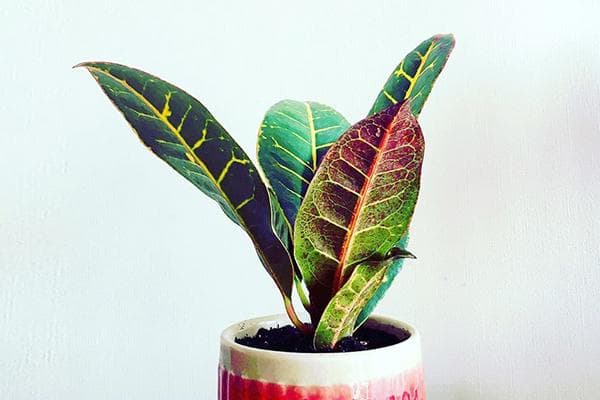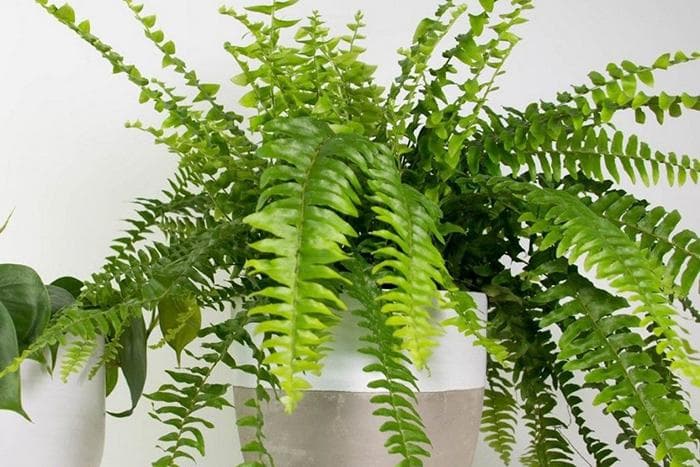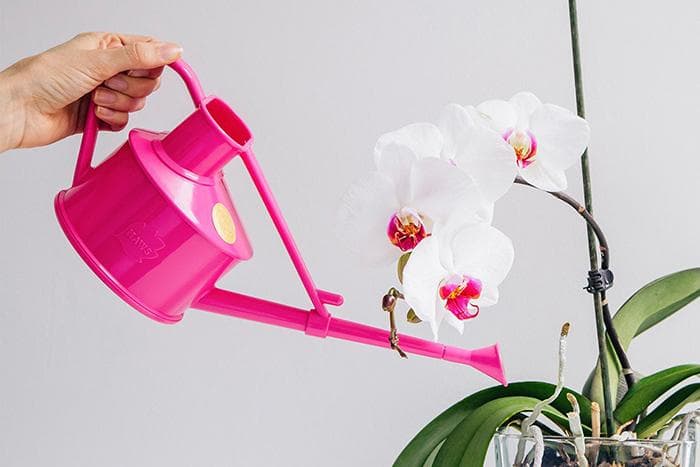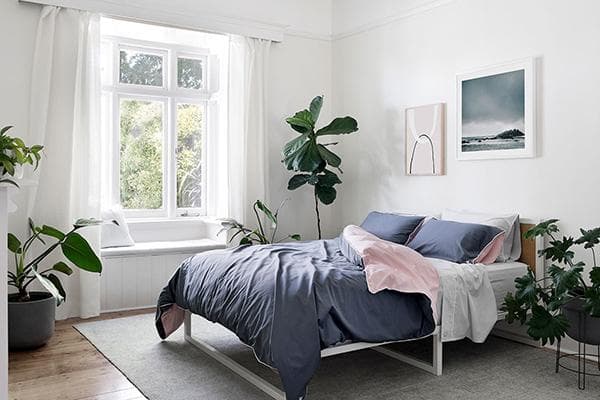Why you can’t keep flowers in the bedroom: bad sleep, allergies, mold on the walls
Some flowers cannot be kept in the bedroom, and there are many reasons for this. Some plants affect your health and should not be in contact for long periods of time. Others can trigger allergies, and some can even cause injury. Moreover, many dangerous plants are very decorative - you just want to put them on the windowsill to admire their beauty. But forewarned means forearmed.

Plants with a strong smell
The thick floral aroma seems pleasant for the first 5 minutes. Then it gets boring, and after a couple of hours it causes irritation and discomfort. Sleeping in a room saturated with the haunting aroma of flowers is simply torture. In the morning you will wake up tired and with a headache.
Plants with overly fragrant flowers:
- Hoya, or wax ivy. This flower would be appropriate in the kitchen, hallway or hallway. But don't put it in the room where you spend several hours.
- Lilies. The thick aroma of these flowers causes nausea and headaches for many. However, there are lilies that do not smell at all - it all depends on the variety. Check this point with the seller before purchasing a plant.
- Citrus. The main problem is not the intensity of the odor, but its effect on the body. Citrus fruits are refreshing and invigorating. Not the most appropriate effect for a bedroom.
- Muraya. The aroma of this flower is reminiscent of expensive perfumes - noble, subtle and complex. But you shouldn’t inhale it all night - by the morning you will feel faint. In addition, muraya has a tonic effect.The best place for such a flower is a study.
- Oleander. A small bush will fill the bedroom with a light, pleasant aroma. But a large plant will simply “take over” the room, expelling oxygen from it. For many, the smell of oleander causes dizziness and headaches.
- Coffee. Another plant with an invigorating aroma. The coffee tree looks very attractive, but its place is in the kitchen or living room.
Poisonous plants
Such flowers will not harm a careful adult. But you shouldn’t put them in your child’s bedroom. At any moment, the baby can tear off leaves to “make a salad”, or break off a twig, getting dirty in the poisonous juice. And at this time the parents will sleep peacefully in their bed.
Toxic plants that have no place in a child's bedroom:
- Dieffenbachia;
- croton;
- milkweed;
- philodendrons;
- azaleas.
Avoid thorny plants - a sleepy baby may accidentally injure himself on them.
Allergenic flowers
Some indoor plants are dangerous for people with respiratory diseases. If you suffer from asthma or chronic bronchitis, do not have:
- bashful mimosa;
- geranium;
- hydrangea;
- philodendron;
- catharanthus;
- ferns;
- Kalanchoe;
- spurge.
If you suffer from allergies, but cannot imagine a bedroom without flowers, take a test. After all, the fact that a plant is an allergen does not mean that it causes a rejection reaction in everyone. This is purely individual.
Take the plant you like in your hands, smell it, touch the leaves and flowers. If the seller allows it, tear off a piece of the leaf and mash it with your fingers. And then watch the result. If there is no redness, dermatitis or rhinitis, you can buy a flower. But first, place it in the kitchen or living room.You are in these rooms for 2-3 hours a day, which means that contact with the allergen will be minimal. If your health has not worsened within a few weeks, you can move the flower to the bedroom.
Flowers that require high humidity
To create suitable conditions for such a plant, you will have to turn the room into a greenhouse. Constant spraying, plates of water, and a damp substrate saturate the air in the bedroom with moisture. Of course, dry air is bad, but there should be moderation in everything. Thick moisture is also not very good for health.
In addition, in conditions of excess humidity, mold appears on the walls. Dark stains spoil the appearance of the room, but this is not the biggest problem. Mold is a strong allergen, because it is a fungus and it reproduces by spores. Even healthy people who are constantly in contact with mold are in danger - over time they develop diseases of the respiratory system.
Therefore, you should not start in the bedroom:
- orchids;
- poinsettia;
- anthurium;
- begonia;
- ceperus;
- asparagus;
- marsh plants.
Avoid the plants listed above and your sleep will be sound and deep. And if you want to complement the bedroom interior with decorative greenery, choose chlorophytum, spathiphyllum, sansevieria or dracaena. These plants are not only beautiful, but also purify the air from harmful substances.
